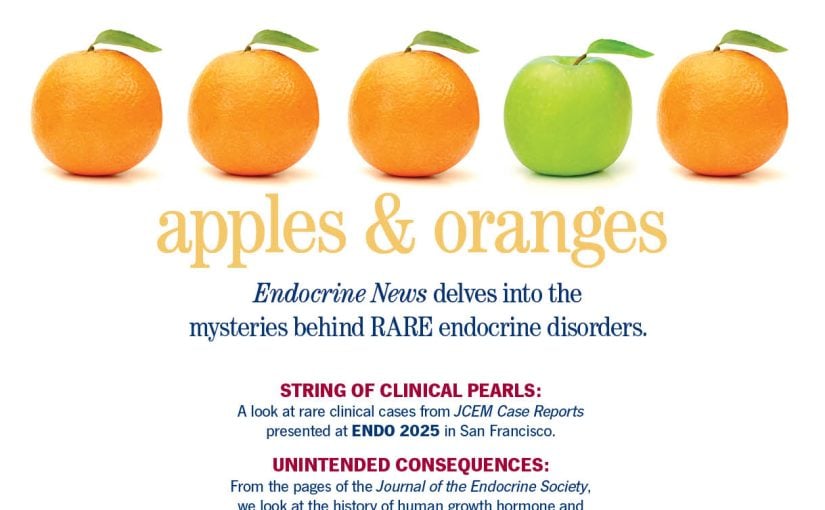The Endocrine Society praised the American Medical Association’s House of Delegates for passing a resolution opposing efforts to criminalize medical care for transgender youth.
The resolution, which cites the Endocrine Society’s Clinical Practice Guidelines on transgender care, makes it AMA policy to oppose the criminalization and otherwise undue restriction of evidence-based gender-affirming care.
The Endocrine Society opposes legislative efforts to prevent transgender and gender diverse adolescents from accessing gender-affirming medical care. These bills do not conform to medical evidence and clinical practice.
More than 20 states have introduced or are considering legislation prohibiting gender-affirming care for minors. Arkansas passed a law April 6 prohibiting gender-affirming care for minors, the first law of its kind in the U.S.
These policies criminalize physicians’ efforts to provide needed medical care and disregard widely accepted medical evidence, including the Society’s internationally recognized Clinical Practice Guideline. Scientific evidence shows that there is a durable biological underpinning to gender identity.
When young children experience feelings that their gender identity does not match their sex recorded at birth, the first course of action is to support the child in living according to their gender identity and to provide mental health support, as needed.
After transgender and gender diverse minors start puberty, prescribing hormone blockers to delay puberty is the recommended strategy if desired and if diagnostic and treatment criteria are met. Hormone blockers are commonly prescribed to delay puberty in children who experience early puberty. This treatment, which is reversible, gives adolescents more time to explore their options.
Being unable to access medical care puts transgender and gender diverse youth at an elevated risk of suicide or self harm. A study published in the journal Pediatrics last year found transgender and gender diverse youth who wanted to delay puberty and could not access the treatment had higher rates of suicidal thoughts over their lifetimes than those who wanted the treatment and received it.
The Society is among the organizations submitting a written intervention to the United Kingdom’s High Court as part of the appeal of Bell v Tavistock and Portman NHS Health Foundation, a case where the High Court ruled in December 2020 that adolescents younger than age 16 could not give informed consent to take hormones to delay puberty. The appeal is slated to be heard June 23-24. The ruling threatens to block transgender and gender diverse teenagers from accessing the medical care they need.
Medical evidence, not politics, should inform treatment decisions.

